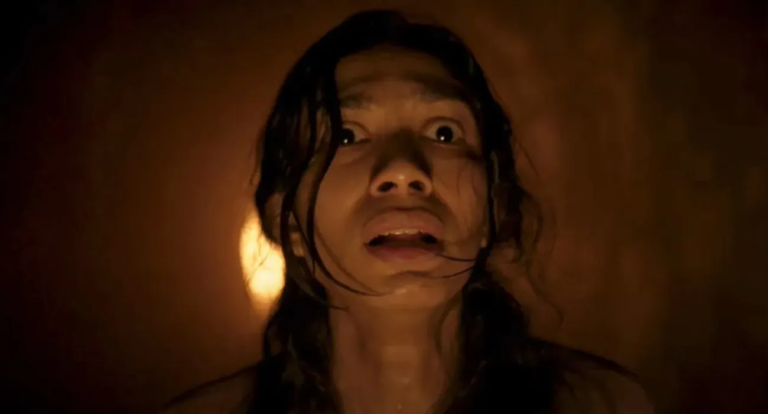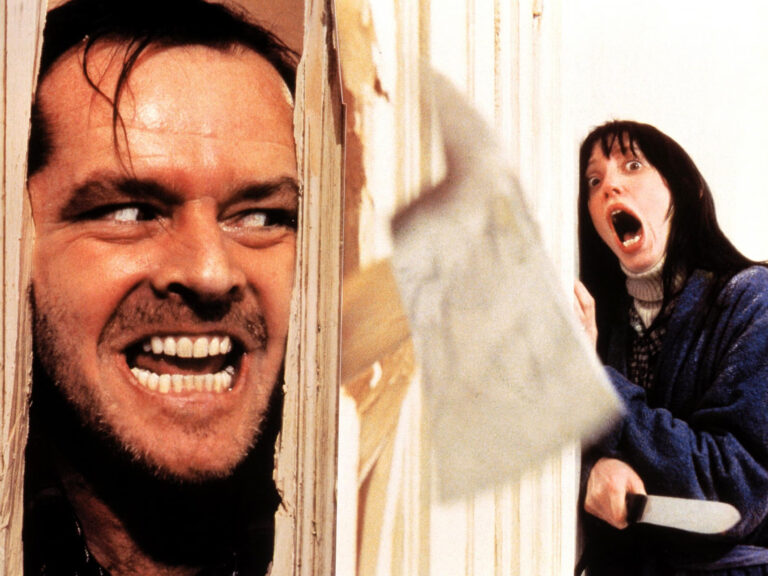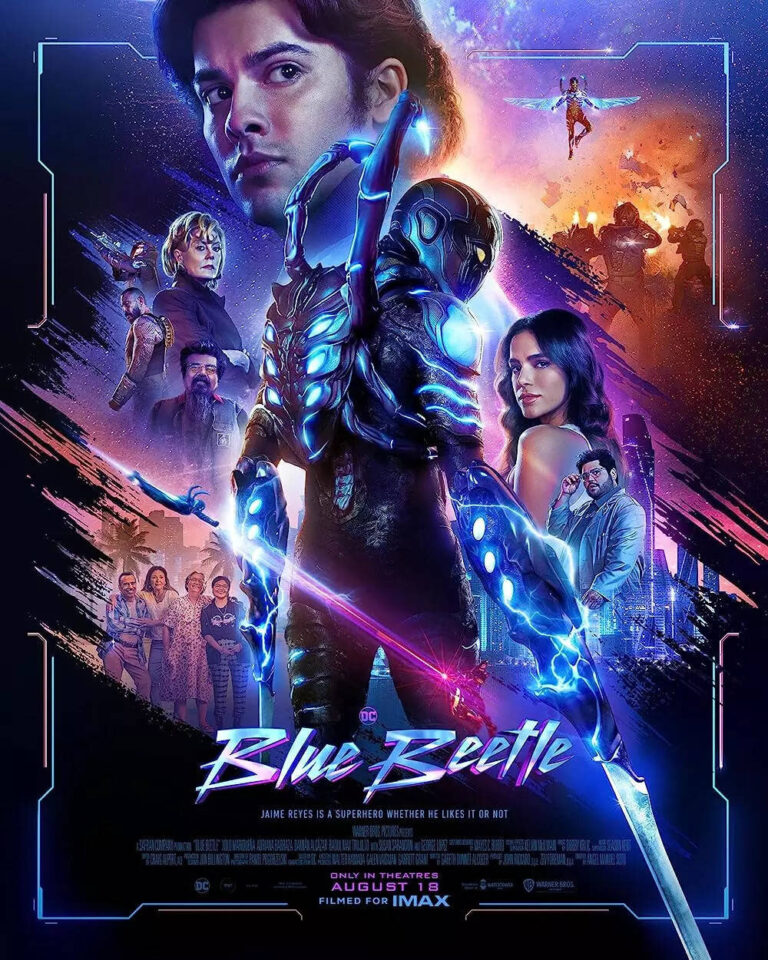A bunch of misfits, check. Travelling to another dimension (or something of the sort), check. Wrestling with personal demons and going through therapy, check. Now stir all of that together and what do we get? Thunderbolts*.
This particular iteration from the MCU brings in familiar elements that we’ve seen work before. There’s a strong influence from Guardians of the Galaxy—the dysfunctional team with good chemistry—alongside the chaotic weirdness of Multiverse of Madness, and a heavy dose of the more psychological tone from The Falcon and the Winter Soldier. What sets it apart is the sheer weight of melodrama thrown in to deepen the bond between these misfit characters. And it works. The tension, the backstories, the conflicts—they don’t feel forced. Instead, they become the glue that holds this ensemble together.
Mental health is no longer a niche topic. It’s central to how stories are told, and more importantly, how they’re received. People care. We’re beginning to understand that strength isn’t about having no flaws; it’s about navigating the messy reality of human emotion. Thunderbolts* walks us through that space—sometimes with empathy, sometimes with weight—but always with purpose. It doesn’t hand out easy answers, but it encourages a sense of reflection, which is more valuable anyway.
Bucky (Sebastian Stan), though, is still not quite front and centre. He offers the same kind of quiet support we’ve come to expect. It’s not that The Winter Soldier needs his own standalone feature film but he does need a clearer space to breathe as a character. He was a better character. Also there’s a strange irony in the fact that he seemed more powerful back in Captain America: The Winter Soldier, before he even had his more modern Wakandan arm. His presence here feels subdued, and maybe that’s the point, but it still feels like a missed opportunity.
Now, Lewis Pullman—he’s the one who really delivers. His performance as the film’s villain carries a remarkable range: confusion, bitterness, sadness, moments of vulnerability, and an unsettling calm all wrapped into one. He embodies the role with conviction and unpredictability, which gives the story a sharp edge it truly needed. What a void needs to be filled with him.
Apart from Pullman, Florence Pugh (Yelena Belova—Black Widow), David Harbour (Alexei Shostakov—Red Guardian), Wyatt Russell (John Walker), Hannah John-Kamen (Ava Starr—Ghost) make a great chemistry that really make this film is a about a one team, not just one superhuman with sidekicks. Each character brings their own emotional weight and quirks, making their interactions feel layered and, at times, unexpectedly heartfelt even with communicating those with jokes.
This film doesn’t pretend to fix the characters’ issues. And that’s okay. We all carry burdens, but burying them doesn’t make them disappear. Maybe talking it out helps. Maybe just having someone nearby does. The trauma remains, but it doesn’t have to define every step forward.
It won’t be for everyone. Even among MCU fans, this one may feel like it’s operating on a different emotional frequency. But perhaps that’s the point. Thunderbolts* leans into its own vibe unapologetically. And if you’re tuned into it, there’s something worth holding onto.



